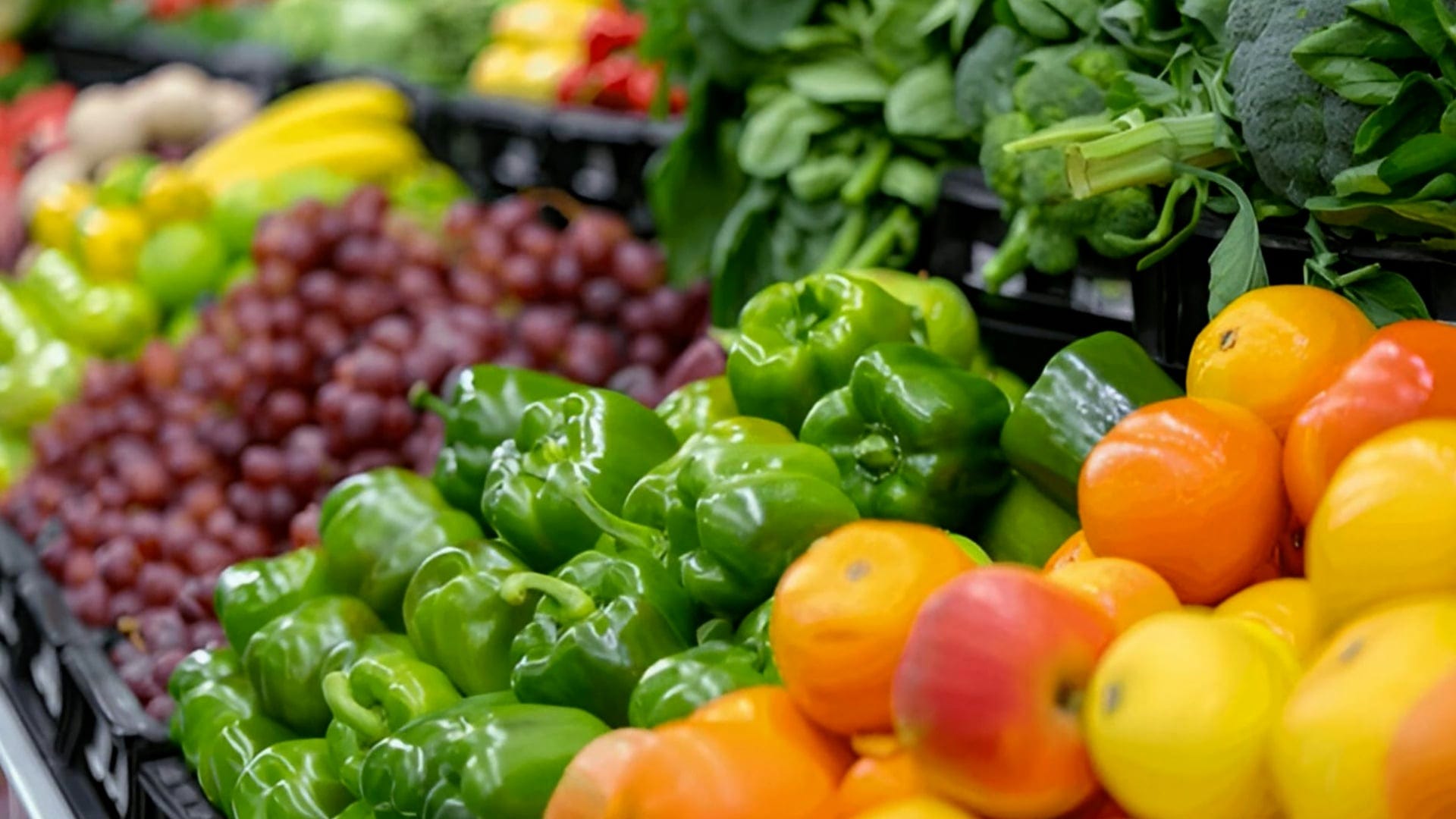
Why buying fruits and vegetables in season matters
If you buy perfect-looking strawberries but they taste like cardboard, it’s not you, it’s the season. Buying in season ensures better flavor, nutrition, and value.
unbranded – Lifestyle
While it’s been around for centuries, zucchini has quietly become one of the most popular vegetables in American kitchens. Whether spiralized into “zoodles,” roasted as a side dish, folded into breads or muffins or simply grilled with a drizzle of olive oil, this humble vegetable is finding its way into countless meals.
“People like zucchini because it’s mild-tasting, low in calories, very versatile and takes on flavors from herbs, oils and spices,” says Caroline Susie, a registered dietitian and national spokesperson for the Academy of Nutrition and Dietetics. “Its high-water content also makes it refreshing and hydrating.”
That popularity is a good thing, because zucchini is incredibly good for you – though not everyone should enjoy it in unlimited amounts. Here’s what to know.
What is zucchini?
Zucchini is a type of summer squash belonging to the Cucurbitaceae (gourd) plant family, the same family that includes cucumbers, pumpkins and melons. Botanically speaking, it’s a fruit “because it develops from the flower of the plant and contains seeds,” explains Lisa Young, a registered dietitian nutritionist, author of “Finally Full, Finally Slim” and adjunct professor of nutrition at New York University. But in the kitchen and throughout grocery stores, zucchini is treated as a vegetable since it’s typically used in savory dishes.
At the same time, zucchini is far more versatile and crowd-pleasing than stronger-tasting vegetables like broccoli, kale or Brussels sprouts. And its thin, edible skin and watery, tender texture also make it easy to cook and pair with just about anything.
The crop thrives in temperate climates across countries such as China, Spain, Turkey, Mexico and the United States, with peak season running from mid-summer through early fall. Most zucchini are harvested before reaching full maturity – usually at between 6 and 10 inches long – so their skins remain tender and their seeds small. Thanks to their prolific growth, gardeners often find themselves giving them away by the basketful come August.
Is zucchini good for you?
That abundance is a good thing, since zucchini is packed with nutrients. Each one delivers a range of vitamins and minerals, including vitamin C, vitamin A (from carotenoids like beta-carotene), folate and smaller amounts of manganese and vitamin K. These nutrients support immune health, cell growth and bone strength. “One cup of cooked zucchini also has a gram of protein,” adds Susie, which helps with muscle strengthening and repair.
The vegetable is also a good source of potassium, “which is important for heart health and helps balance blood pressure,” says Young; and it provides antioxidants such as lutein and zeaxanthin, “which are linked to protecting vision as we age.”
The 2 grams of fiber in a single medium zucchini offer additional benefits by supporting healthy digestion, improving satiety, maintaining regular bowel movements and feeding beneficial gut bacteria. Fiber also slows carbohydrate absorption, “helping to prevent sharp spikes in blood sugar,” says Susie. These are among the reasons “high-fiber diets are linked with lower risk of constipation, diverticulosis and colon cancer,” she adds.
Thanks to its high water content and low calorie count – just about 33 calories per medium zucchini – the vegetable can also support healthy weight management. “The combination of fiber and water helps you feel full on fewer calories,” says Young.
Can you eat zucchini every day?
For most healthy adults, eating zucchini daily is both safe and beneficial. But like most foods, it’s best enjoyed in moderation. Because of its high-fiber content, for instance, eating large quantities of the vegetable – especially raw – “may cause bloating, gas or loose stools,” says Young, particularly in people with sensitive digestive systems such as those with irritable bowel syndrome (IBS). More rarely, zucchini can also develop a bitter taste when it contains higher levels of natural compounds called cucurbitacins, which can further cause nausea or digestive upset if consumed in large amounts.
Zucchini also contains oxalates, which are naturally occurring plant compounds that can bind to minerals like calcium and, in some people, contribute to kidney stone formation. Because of this, Susie says, those with a history of calcium oxalate stones may want to moderate their intake.
So long as such considerations are kept in mind, however, “zucchini is an excellent, nutrient-rich choice,” says Young. “Whether you sauté it, grill it or bake it, eating it is a simple way to add more vegetables – or technically, fruit! – to your diet.”
